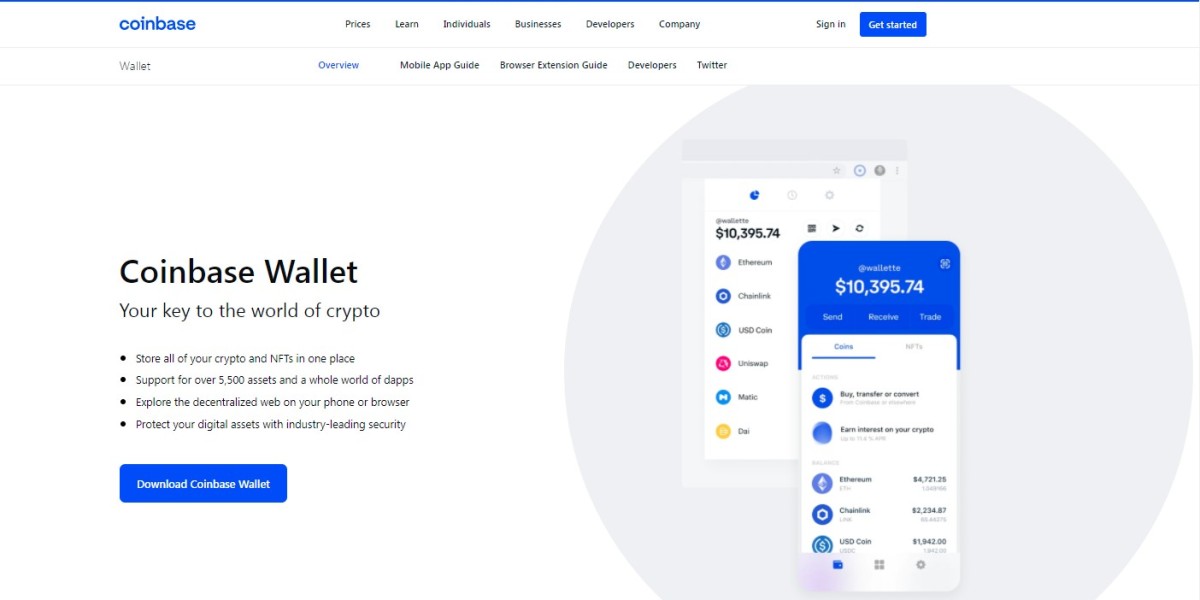A consumer proposal is a formal debt-relief solution designed for individuals struggling with unmanageable debt. Unlike bankruptcy, a consumer proposal allows you to negotiate with creditors to pay a portion of your debts over time, typically at a reduced amount. While a consumer proposal can offer significant relief, it’s important to understand how it impacts your credit score and what steps you can take to rebuild your credit after completing the proposal.
1. Impact on Your Credit Score
When you file a consumer proposal, it is reported to the credit bureaus and appears on your credit report. The credit bureaus will assign an "R9" rating, which is the lowest possible rating for non-bankruptcy insolvency solutions. This rating reflects that you have entered into a formal debt repayment agreement and may indicate to potential lenders that you are in financial difficulty.
Typically, your credit score will drop when you file a consumer proposal. The extent of the decline depends on your current credit score before filing. However, the drop may not be as significant as the impact of filing for bankruptcy, and your credit score can improve after completing the proposal.
2. How Long Does the Impact Last?
A consumer proposal will remain on your credit report for up to three years after you've completed the terms of the agreement. However, during this time, you may experience some positive changes to your credit score as your financial situation improves. The key to improving your credit score after a consumer proposal is to prove to creditors that you are financially responsible and capable of managing your debt.
While the "R9" rating remains for a few years, it is not permanent. Once the three-year period ends, the record of the consumer proposal will be removed from your credit report, and your credit score will typically recover—provided you have followed good financial practices in the meantime.
3. Rebuilding Your Credit Score
Rebuilding your credit after a consumer proposal is not an overnight process, but it is entirely achievable with dedication and the right steps. Here are some key actions you can take to rebuild your credit score:
- Obtain a Secured Credit Card: One way to start rebuilding your credit is by applying for a secured credit card. This type of card requires a deposit, which serves as your credit limit. By using the card responsibly and paying it off in full each month, you can begin to re-establish a positive credit history.
- Make Timely Payments: Ensuring that all of your current financial obligations are paid on time is essential. Whether it’s utility bills, rent, or credit card payments, showing that you can manage your finances will help raise your credit score over time.
- Keep Credit Utilization Low: Once you’re able to qualify for a regular credit card, it’s important to keep your credit utilization ratio low—ideally below 30% of your available credit. This demonstrates to lenders that you are not over-relying on credit.
- Monitor Your Credit: Regularly reviewing your credit report will help you stay on top of your credit situation. It’s essential to ensure that all information on your report is accurate and that no errors are affecting your score.
- Consider Credit Counseling: If you're unsure how to rebuild your credit, credit counselling services can help you navigate the process and create a strategy for improving your credit health.
Conclusion
While a consumer proposal can initially hurt your credit score, it offers a more manageable path to debt resolution than bankruptcy. Over time, with responsible financial behaviour, you can rebuild your credit and regain financial freedom. If you’re looking for a "consumer proposal near me," it’s important to consult with a licensed insolvency trustee who can guide you through the process and help you understand the long-term benefits of this debt relief solution. With patience and discipline, you can rebuild your credit and achieve a healthier financial future.



